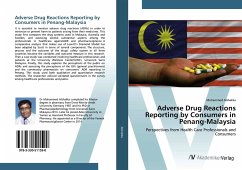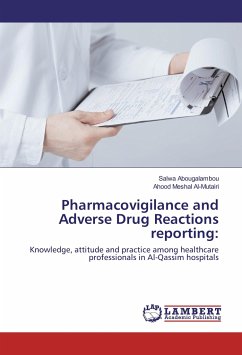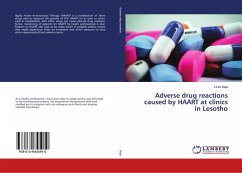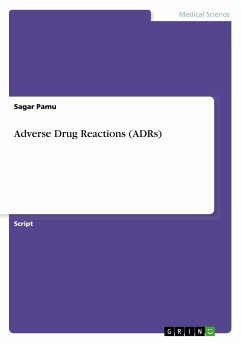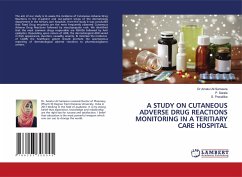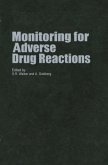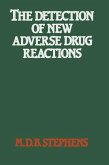It is essential to monitor adverse drug reactions (ADRs) in order to minimize or prevent harm to patients arising from their medicines. This study first compares the drug systems used in Malaysia, Australia and Sweden, and assessing several substantial aspects among the professionals in healthcare againstADR and pharmacovigilance. A comparative analysis that makes use of Leavitt's Diamond Model has been adapted by Scott in terms of several components. The structure, process and the outcome of the drugs' safety system in all three countries become the variables and outcome measure in this research. Then a case study was conducted involving healthcare professionals and patients at the University Wellness Center(UWC), Universiti Sains Malaysia. Finally, this study explores the perceptions of the public on ADRs and assessing the perceptions of the GPs (general practitioners) and the community pharmacists on consumers' ADR reporting in Penang. This study used both qualitative and quantitative research methods. The researcher utilized validated questionnaire in the survey among healthcare professionals and public.

